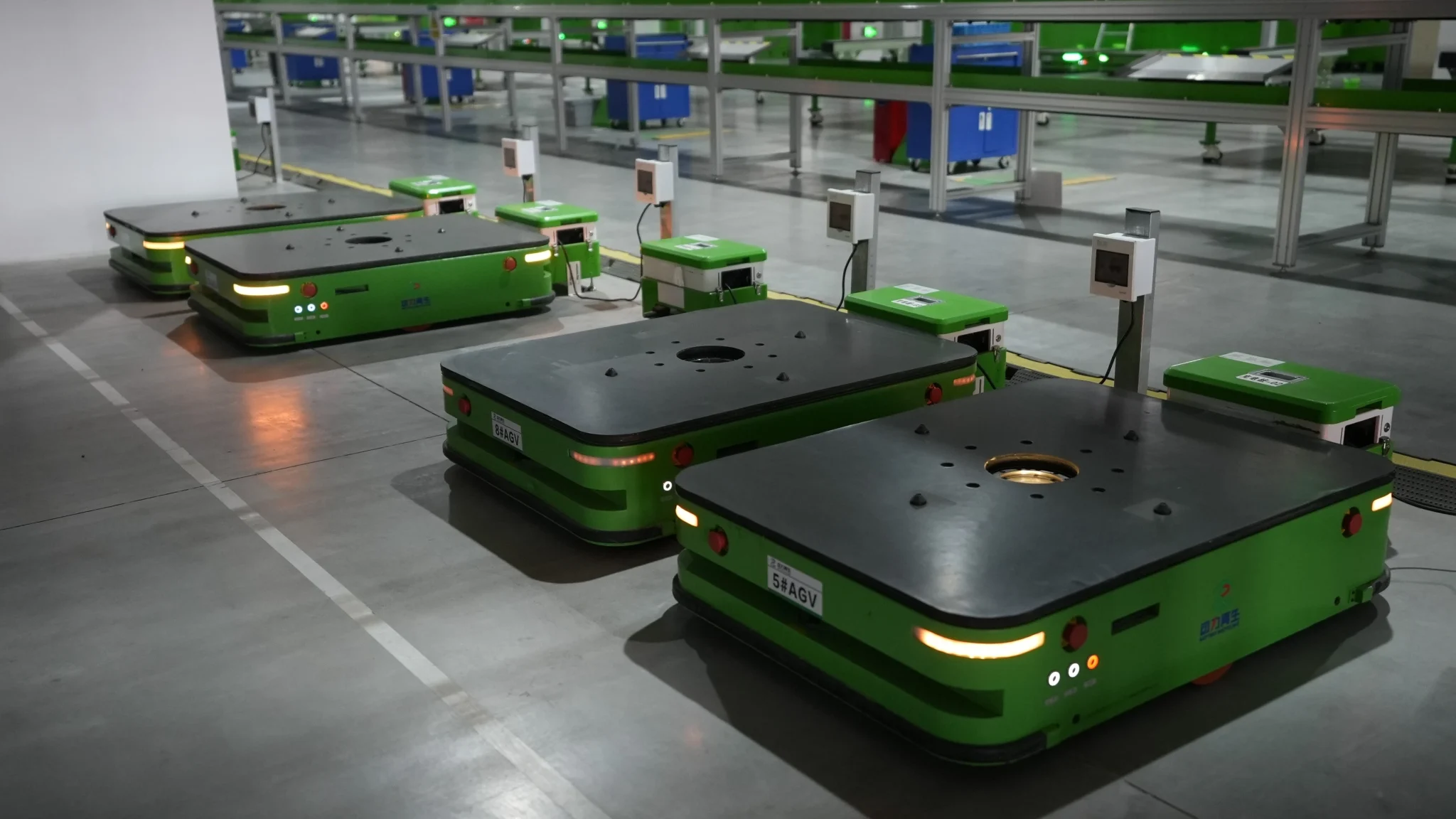In a strategic partnership that aims to redefine sustainable industry, global recycling giant GEM has teamed up with SEER Robotics, introducing robotics automation to fully automate its production line. The initiative, which includes the deployment of 27 advanced robots, covers the entire manufacturing chain—from raw material handling to final product dispatch.
“Operational costs halved, efficiency doubled, and precision perfected,” said GEM’s Project Director, describing what the company views as a transformative leap in green manufacturing. According to GEM, the automation has already led to a 50% reduction in labor costs and a significant increase in throughput, with robotic automation systems achieving 99% task accuracy.
This collaboration, however, goes beyond automation. It’s being described as a step toward building a closed-loop industrial model for the circular economy. By integrating SEER Robotics’s technical capabilities with GEM’s leadership in green energy, the project lays the foundation for scalable, intelligent upgrades across global manufacturing hubs.
The robots—equipped with real-time data uploading capabilities and integrated weighing sensors—feed information directly into GEM’s Manufacturing Execution and Evaluation System (MEES), allowing for greater visibility and control over production quality. Compatibility with JAM’s proprietary battery system also supports nearly continuous operation, reducing downtime and improving efficiency.
Ease of use remains a focal point. Despite their sophistication, the systems are designed to be intuitive, enabling even frontline employees with minimal experience to operate the robots with basic training.
Beyond efficiency gains, the initiative is positioned as a blueprint for ESG-driven industrial transformation. From dismantling obsolete batteries to optimizing warehouse logistics, the project highlights the potential of human-machine collaboration to reduce carbon footprints and accelerate the transition to zero-waste manufacturing. The partnership also aims to establish a replicable, auditable benchmark for sustainable production practices worldwide.



